Home » Academy » Resources
E-cases and E-studies
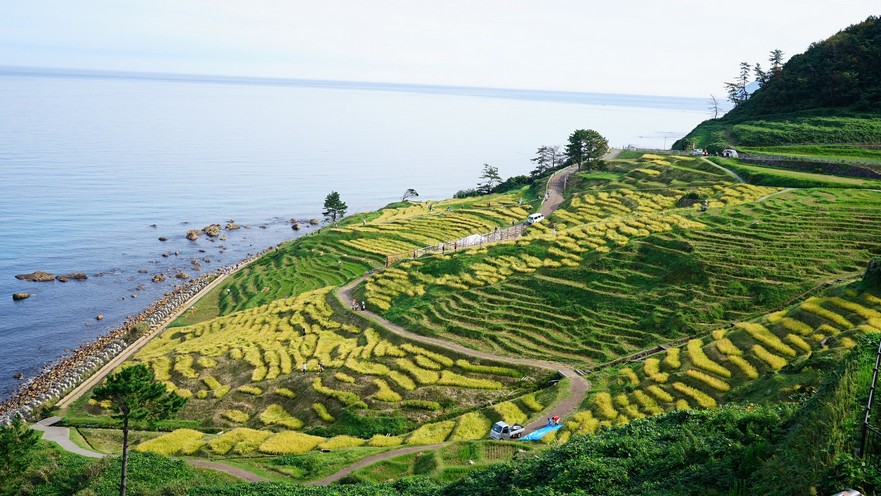
The Programme is developing a series of e-cases and e-studies for online learning on different aspects of community sustainability. These e-cases and e-studies are suitable for self-learning and can be used as course materials for schools and institutions. Non-profit organisations working on community sustainability may also find the learning packages useful.
- Introduction to Cultural Landscape Management
- Sustainable Agriculture and its Implementation in Hong Kong
- Sustainable Urban Food Systems and a Collaborative Initiative in Hong Kong
- Agroforestry: a land management system that increases both yield and resilience of agriculture
- Introduction to Collaborative Governance
- Introduction to Incubation for Sustainability Innovation
- Sustainability Project Impact Assessment
- Managing and Safeguarding Intangible Cultural Heritage for Rural Sustainability
“Rural Sustainability” Newsletter
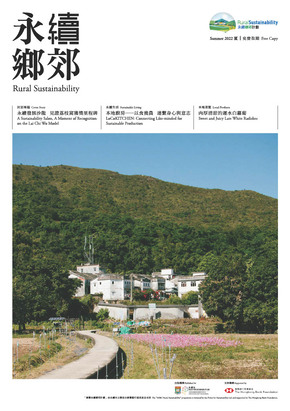
The Summer 2022 issue of the Programme’s biannual newsletter “Rural Sustainability” is now ready! The newsletter delivers not only the programme information, it also contains stories and knowledge about rural conservation and community revitalisation.
Photo Story Book
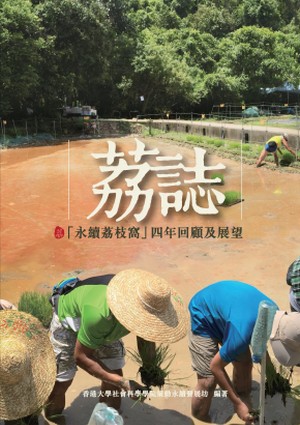
The Lai Chi Wo photo story book is published in both Chinese (荔誌:「永續荔枝窩」四年回顧及展望) and English (Vivifying Lai Chi Wo: Sustainable Lai Chi Wo Programme Four Year Review and Outlook) to document and review the revitalisation story of Lai Chi Wo in 2013-2017. It sheds light on ways to pursue rural sustainability in Hong Kong and beyond. It consists of 41 articles and interviews from the project team, indigenous villagers and new settlers of Lai Chi Wo, relevant government departments, and project contributors with collections of photographs to tell personalised stories of an impactful project.
A Nine-year Journey of HSBC RURAL SUSTAINABILITY
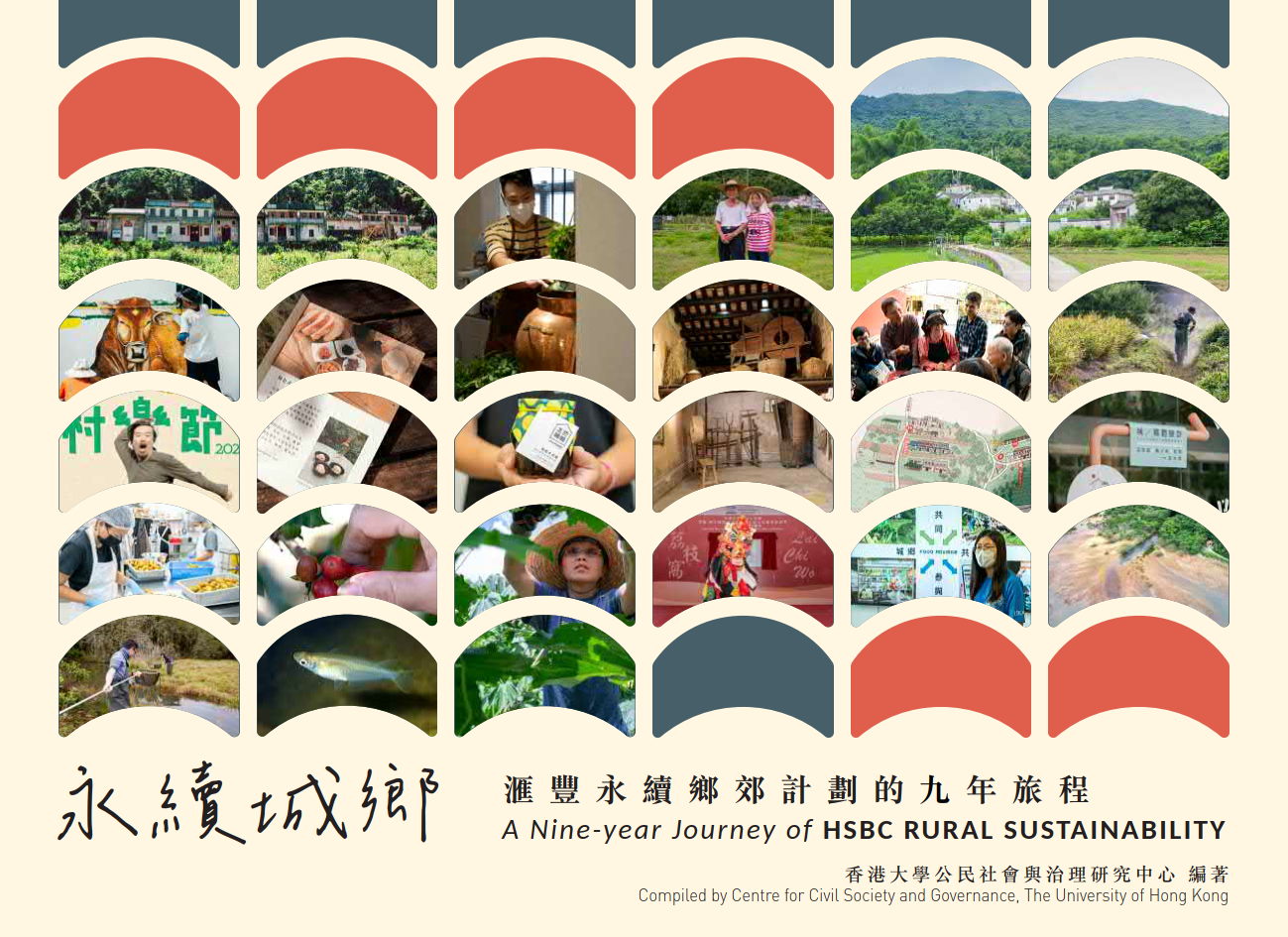
The Centre for Civil Society and Governance at The University of Hong Kong strives to promote sustainable development through collaborative action. With the support from The Hongkong Bank Foundation, our flagship action research projects, the “Sustainable Lai Chi Wo Programme” and “HSBC Rural Sustainability Programme” implemented in 2013 - 2022, have revitalised local rural villages by fostering urban-rural collaboration with a view to advance the overall sustainability of our city.
This book summarises the Programme’s nine-year journey and offers a summary of the revitalisation initiative’s concepts, designs, achievements, and overall impact. We hope this documentation inspires more community actions from a wider spectrum of the society, bringing together wisdom and resources to forge a brighter and more sustainable future.
Publication of "Revitalising Rural Communities"
.png)
Rural areas across the world have experienced outmigration and loss of economic viability due to processes such as globalisation and increased urbanisation. The loss of rural areas, which provide important resources on which wider societies depend on, creates immense risks for the long-term well-being of the world’s growing urban populations. Their revitalisation, therefore, has benefits for both rural and urban areas. The interconnections between rural and urban areas, in this respect, are, however, often overlooked. Based on knowledge and experience accumulated through implementing a rural revitalisation project in Hong Kong since 2013, this book:
- explores the concept of rural resilience and its application to the peri-urban interface
- highlights the challenges and opportunities of (re)constructing a sustainable community in the peri-urban context
- discusses how to leverage and enhance urban-rural linkages to create economic opportunities
Publication of journal article "Advocacy coalitions in rural revitalisation: The roles of policy brokers and policy learning"
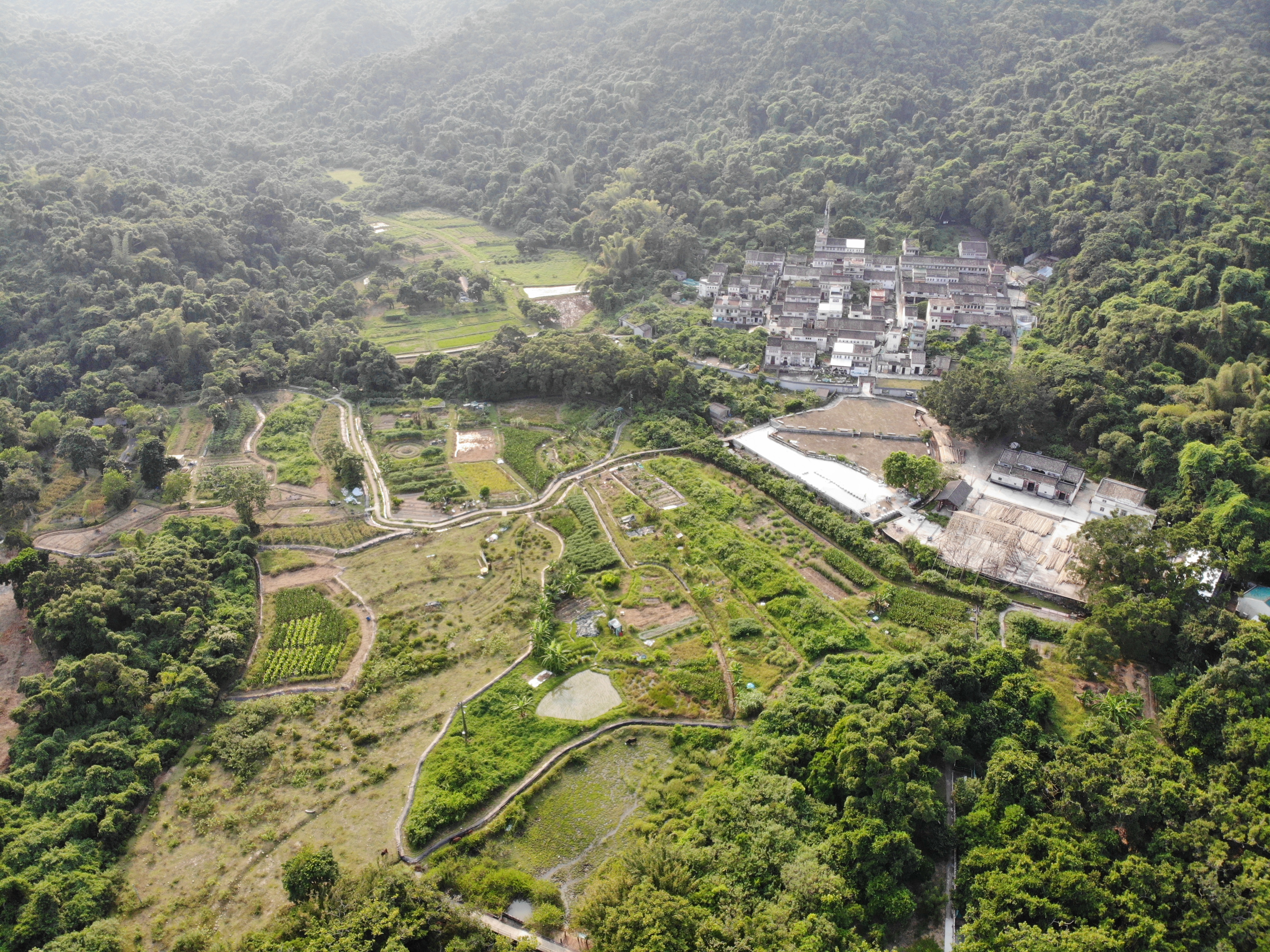
Abstract
Vibrant rural communities are an integral component of sustainable societies due to their ability to nurture and sustain ecological and cultural diversity. Yet changing social and economic processes have led to the break-down of rural communities. This paper demonstrates how collaborative forms of governance contribute to policy learning and so rural sustainability. An analysis of a case study on rural revitalisation using the Advocacy Coalition Framework and narrative analysis reveal how common misconceptions can hinder revitalisation efforts. The role of a policy broker is shown to be vital in the dissolution of these policy misconceptions. Emphasis is on policy brokering strategies, particularly the use of venue creation, issue (re)framing and knowledge coproduction, which resulted in changing policy believes and so policy learning. As a result of stakeholder coalitions being inspired to reconsider their beliefs, the alignment of policy goals became possible and the effects of imbalanced power relations mitigated.
UNDP Equator Initiative’s Nature-based Solutions Database
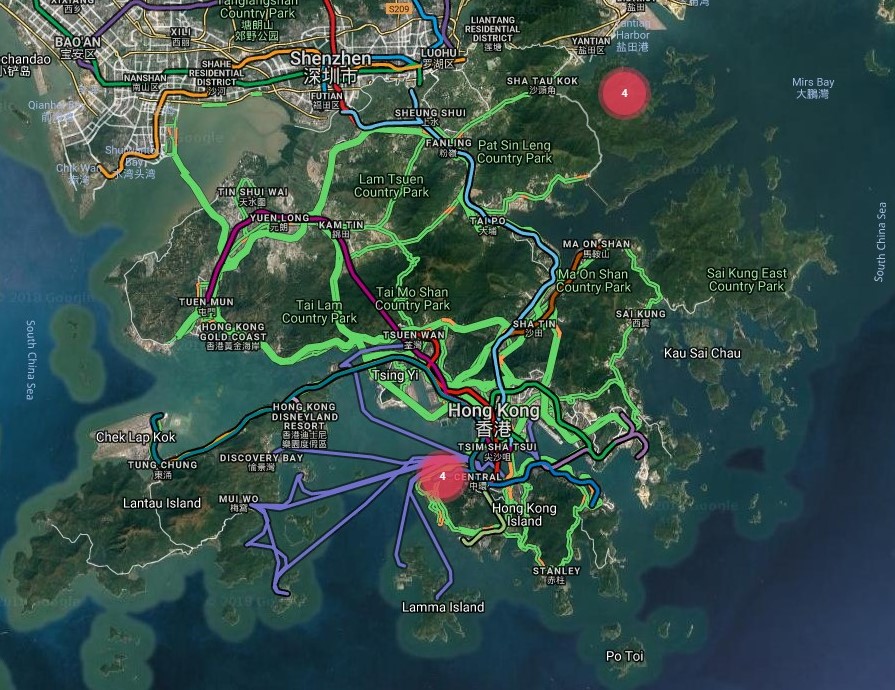
In August 2017, the Programme was selected by the United Nations Development Programme’s Equator Initiative as the only case from Hong Kong included in their online database which showcases outstanding nature-based solutions to sustainable development undertaken by rural communities around the globe. Click on the following links to see how our solutions have successfully addressed 9 of the 17 United Nations Sustainable Development Goals.
- Revitalising agricultural activities by adopting eco-farming methods (e.g. low carbon and organic farming): Page 1 Page 2
- Whole catchment management approach for sustainable agriculture and biodiversity and hydrological conservation: Page 1 Page 2
- Nature- & Culture- based training and education: Page 1 Page 2
- New socio-economic models for rejuvenating the desolated rural village: Page 1 Page 2
International Partnership for the Satoyama Initiative (IPSI) Case Studies
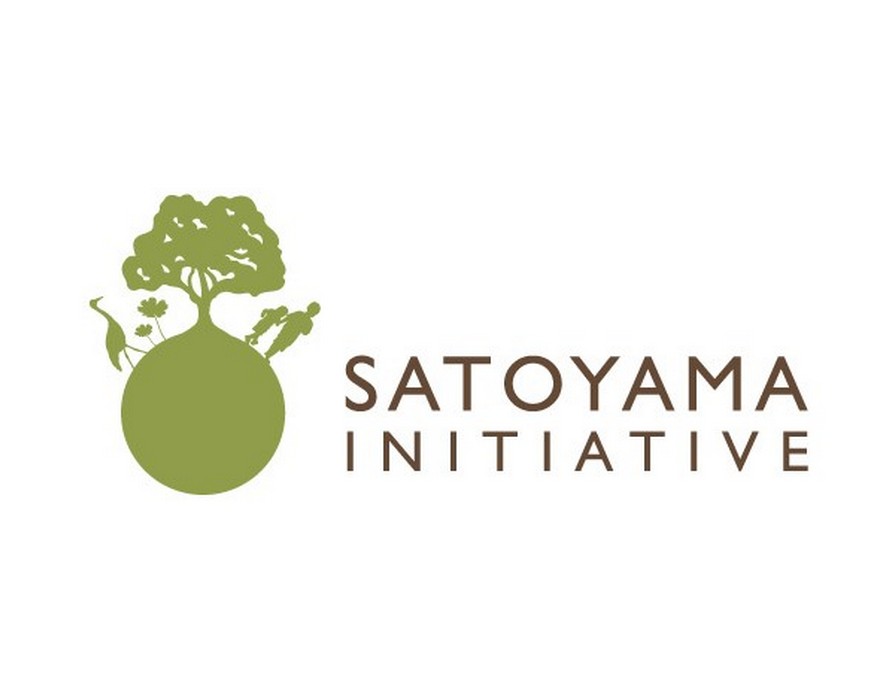
In June 2018, Policy for Sustainability Lab was accepted as a member of the International Partnership for the Satoyama Initiative (IPSI) which was established in 2010 at the Tenth Meeting of the Conference of the Parties to the United Nations Convention on Biological Diversity (CBD COP10) with the mission of promoting and conserving sustainable human-influenced natural environments worldwide. The story of Lai Chi Wo has been published and shared on the IPSI case study webpage.
Project Videos
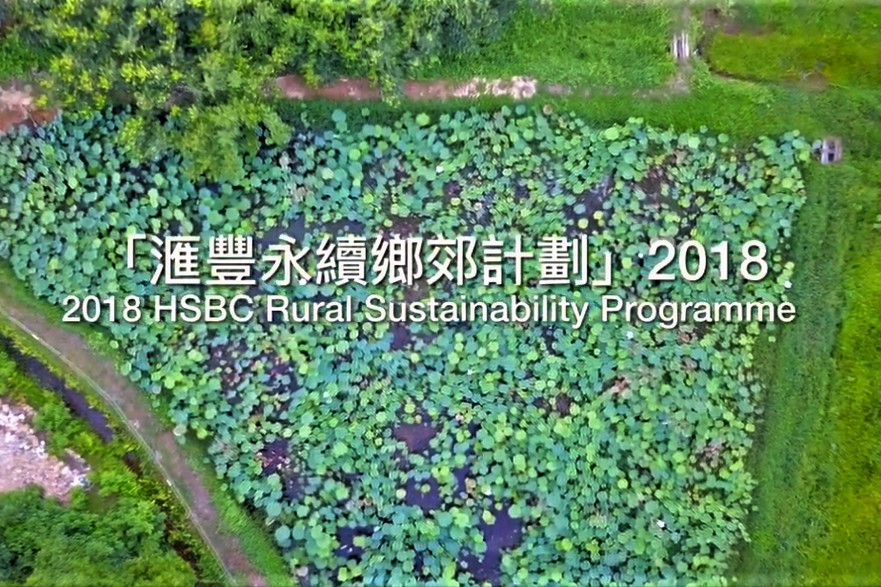
- The Programme’s work in the past five years are summarised in our short annual videos:
2014 2015 2016 2017 2018 2019
- Knowledge exchange video: Sustainable Solutions for Hong Kong’s Villages
- Bond for Vitality 2013 - 2019
Sustainability Impact Assessment: Framework and Report on HSBC Rural Sustainability
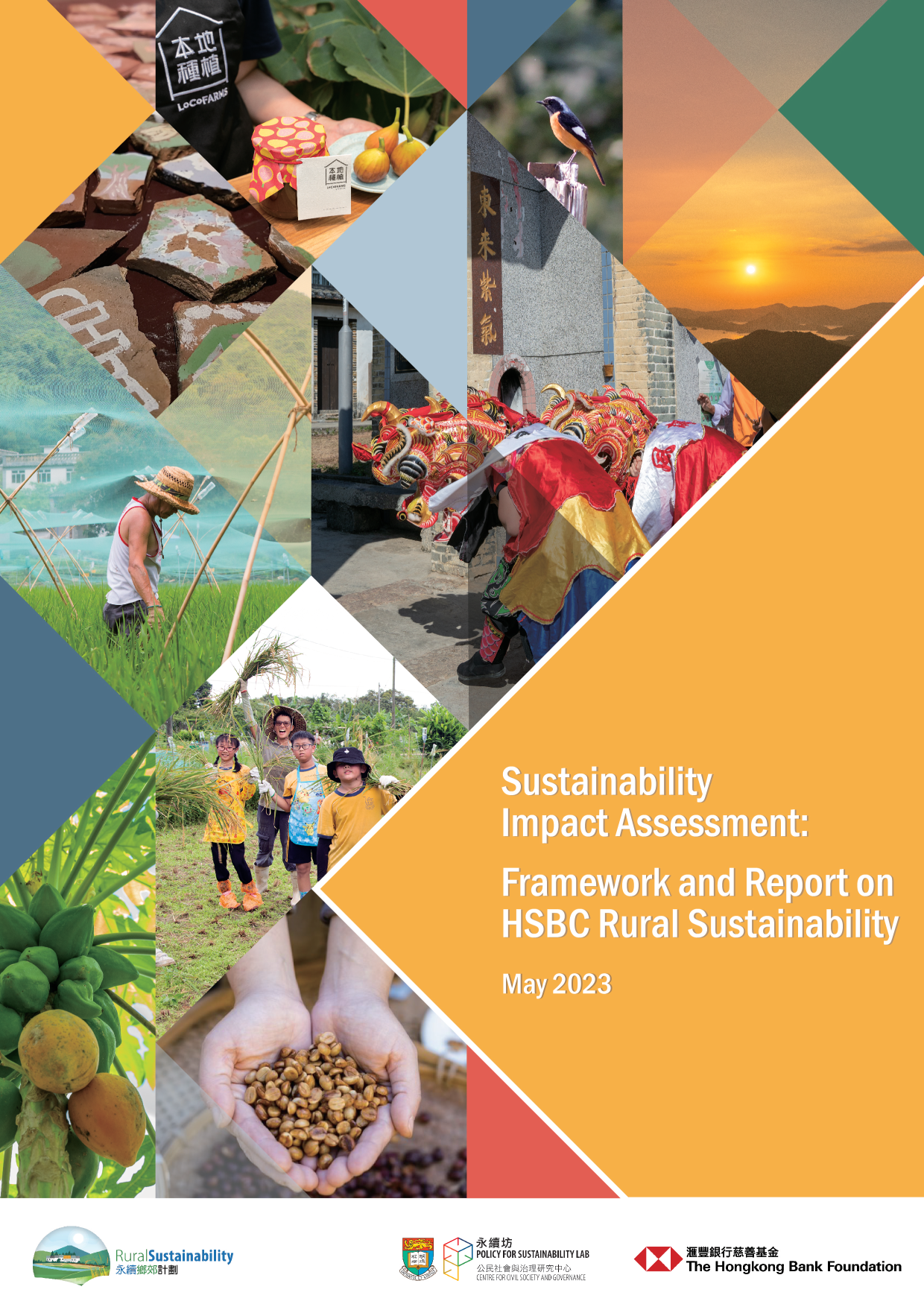
The first part of the publication details a sustainability assessment framework and methodology that has been developed along the course of the Rural Sustainability Programme. This is followed by part two, which explains its application and reports the Programme’s sustainability attainment at different scales and levels to the environment, individuals, organisations and the wider society. The publication is available upon request by email (ruralsd@hku.hk).


